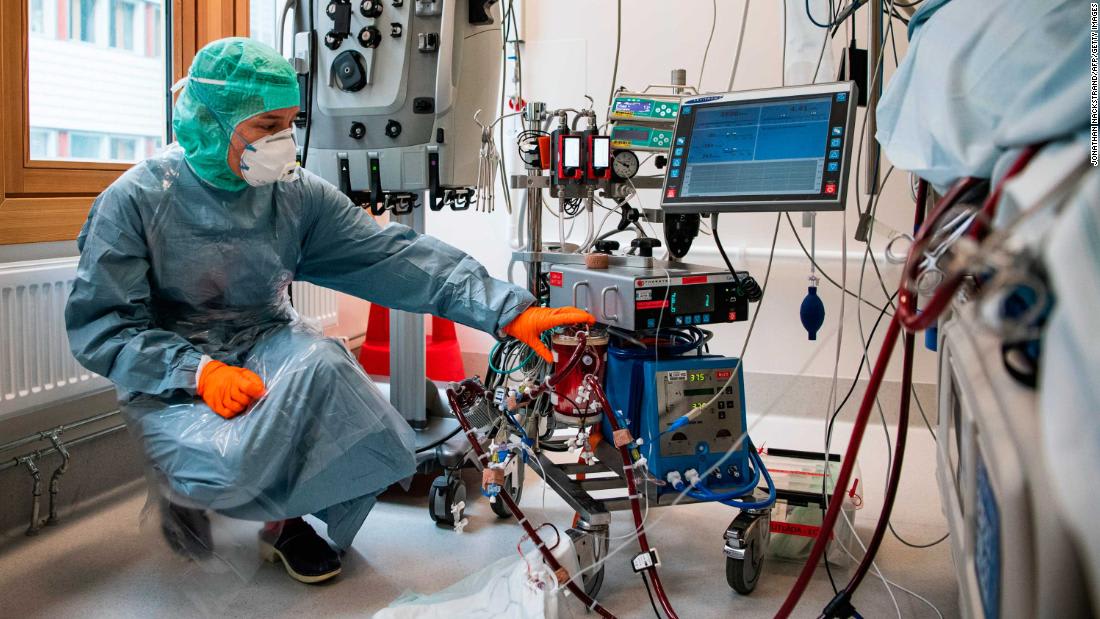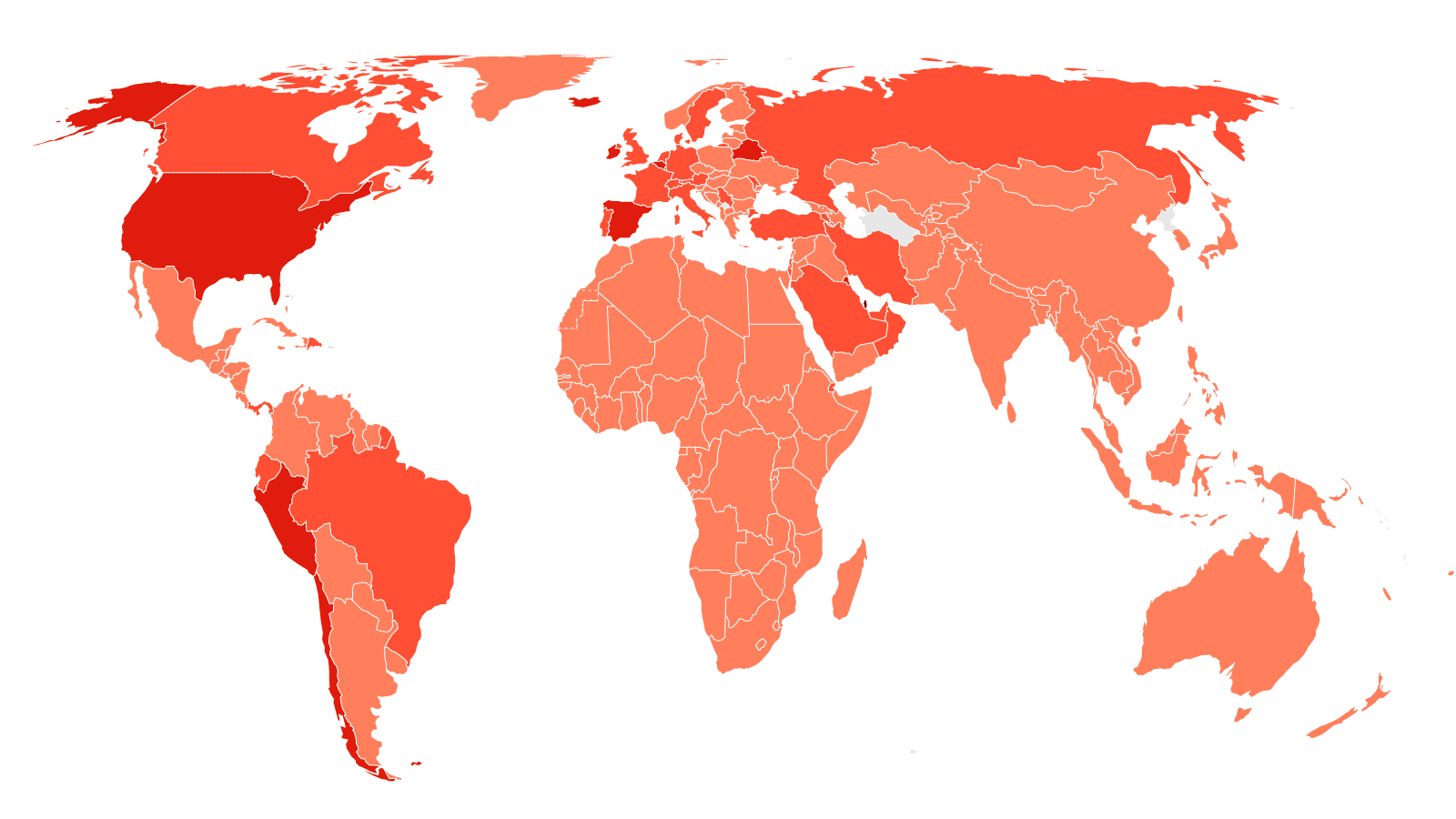Schools in France reopen as infection rate rises
by CNN's Melissa Bell
All French schools are reopening for the first time since March, with masks mandatory for students aged 11 and older.
Students and teachers alike are keen to meet once again in school and not just online.
Though many students and teachers will have to wear masks all day, CNN's Melissa Bell reports that the French are generally on board with the measures.
WATCH:
Past disasters show why rushing a coronavirus vaccine now would be "colossally stupid"
From CNN's Jen Christensen
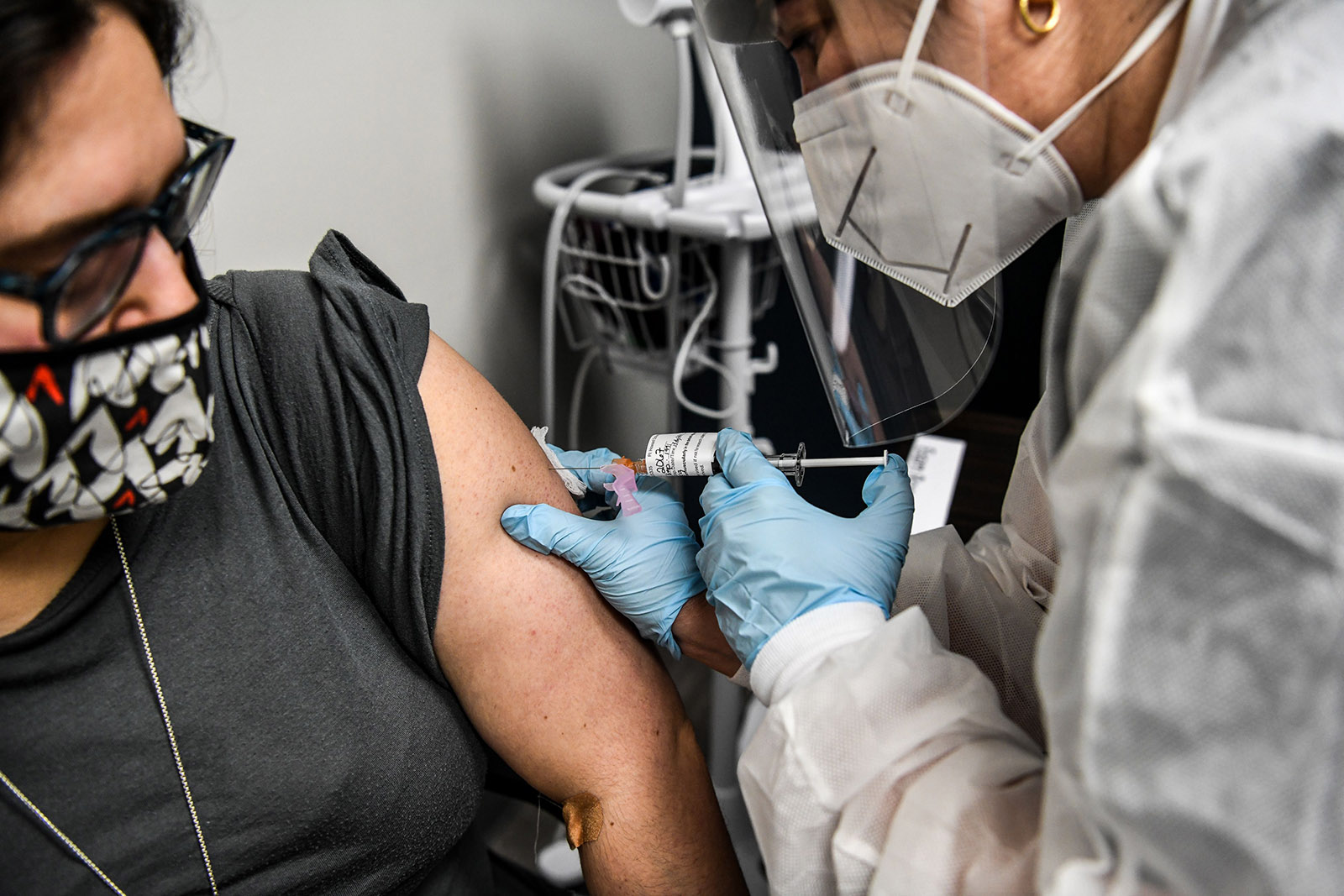 Heather Lieberman, 28, receives a Covid-19 vaccination from Yaquelin De La Cruz at the Research Centers of America in Hollywood, Florida, on August 13. Chandan Khanna/AFP/Getty Images
Heather Lieberman, 28, receives a Covid-19 vaccination from Yaquelin De La Cruz at the Research Centers of America in Hollywood, Florida, on August 13. Chandan Khanna/AFP/Getty ImagesVaccine experts are warning the US federal government against rushing out a coronavirus vaccine before testing has shown it's both safe and effective. Decades of history show why they're right.
The Cutter incident: On April 12, 1955 the government announced the first vaccine to protect kids against polio. Within days, labs had made thousands of lots of the vaccine. Batches made by one company, Cutter Labs, accidentally contained live polio virus and it caused an outbreak.
More than 200,000 children got the polio vaccine, but within days the government had to abandon the program. Some 40,000 children got polio, several hundred were left with paralysis, and about 10 died, said Dr. Howard Markel, a pediatrician and director of the Center for the History of Medicine at the University of Michigan.
The epidemic that never was: In 1976, scientists predicted a pandemic of a new strain of influenza called swine flu, and advisers urged President Gerald Ford to hastily prepare a vaccine.
The government launched the program in about seven months and 40 million people got vaccinated against swine flu, according to the CDC. That vaccination campaign was later linked to cases of a neurological disorder called Guillain-Barre syndrome, which can develop after an infection or, rarely, after vaccination with a live vaccine.
Rushing a vaccine could lose the public's trust: People's mistrust of the system makes the idea that the FDA would rush this process before late stage clinical trials are complete "colossally stupid," said Markel.
"All it takes is one bad side effect to basically botch a vaccine program that we desperately need against this virus. It's a prescription for disaster."
A herd immunity strategy to fight the pandemic can be "dangerous," experts say. Here's why
From CNN's Jacqueline Howard
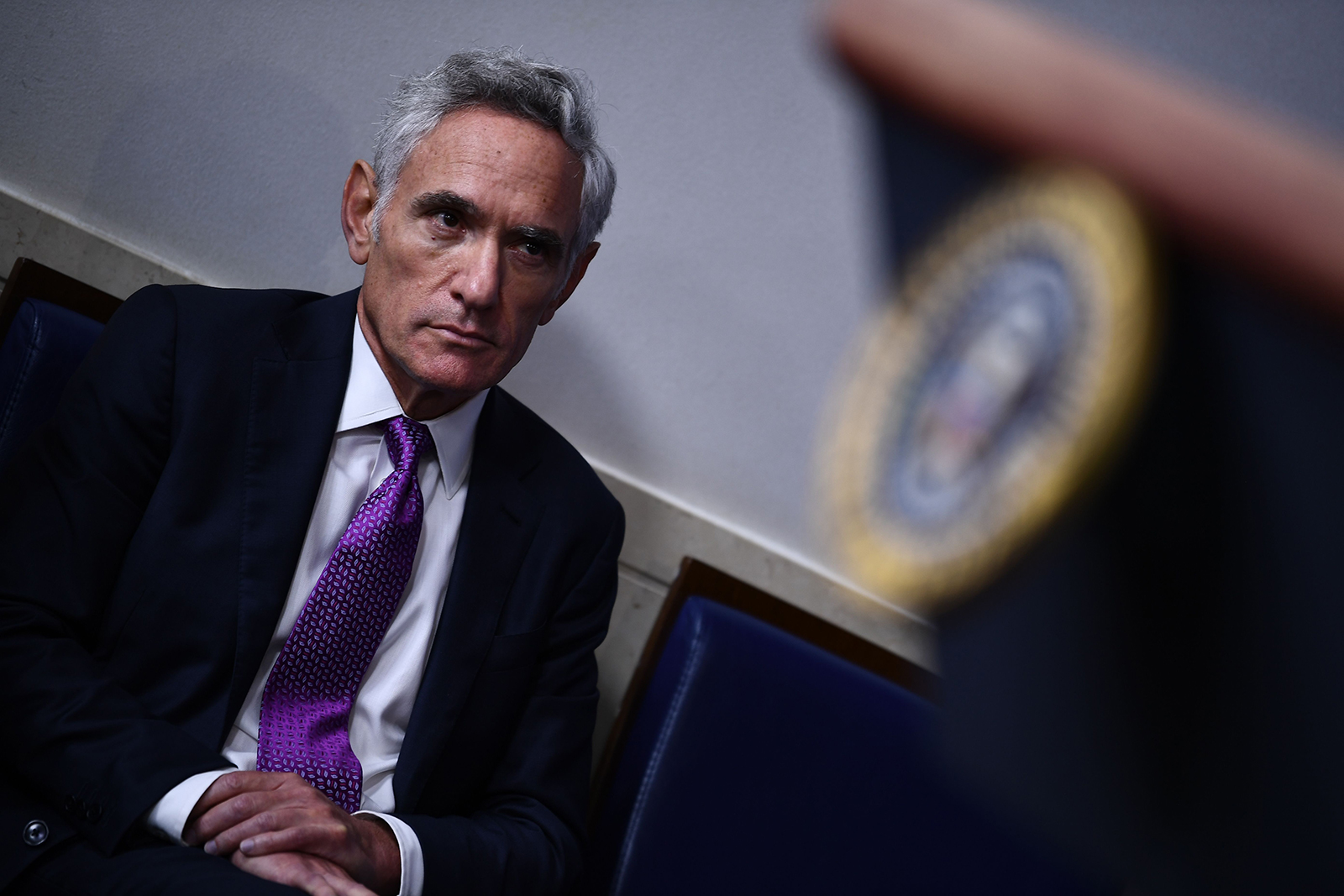 Member of the coronavirus task force Dr. Scott Atlas listens to US President Donald Trump during a briefing at the White House in Washington, DC on August 10. Brendan Smialowski/AFP/Getty Images
Member of the coronavirus task force Dr. Scott Atlas listens to US President Donald Trump during a briefing at the White House in Washington, DC on August 10. Brendan Smialowski/AFP/Getty ImagesAfter months of effort to limit the spread of the coronavirus in the United States, herd immunity has emerged as a controversial topic.
White House Coronavirus Task Force member Dr. Scott Atlas responded to a report on Monday that claimed he is a proponent of a "herd immunity" strategy to combat Covid-19. "I've never advocated that strategy," Atlas said at a news conference in Florida.
Such an approach -- similar to what was pursued in Sweden -- would mean that many people nationwide would have to get sick with the coronavirus in order to build up a natural immunity across communities. As the virus spreads and sickens people, many could die in the process.
In the US, 2 million people could die in the effort to achieve herd immunity to the virus, according to emergency physician Dr. Leana Wen.
Dr. Maria Van Kerkhove, the WHO's technical lead for coronavirus response, said last week that "herd immunity" is typically discussed in the context of vaccinations -- not as a response to a pandemic.
"If we think about herd immunity in the natural sense of just letting a virus run, it's very dangerous," she said. "That means that many people are infected, many people will need hospitalizations and many people will die."
Read the full story:
Russia surpasses 1 million coronavirus cases
From CNN’s Darya Tarasova in Moscow
The total number of Covid-19 cases recorded in Russia passed the 1 million mark on Tuesday after the country’s coronavirus crisis center reported 4,729 new infections.
Russia’s nationwide tally now stands at 1,000,048 cases.
The crisis center also recorded 123 virus-related fatalities in the past 24 hours, bringing the country’s death toll to 17,299.
Russia joins the United States, Brazil and India as the only four countries to report total coronavirus cases in seven figures, according to Johns Hopkins University data.
California governor signs bill to protect tenants and landlords against impact of coronavirus
From CNN's Joe Sutton
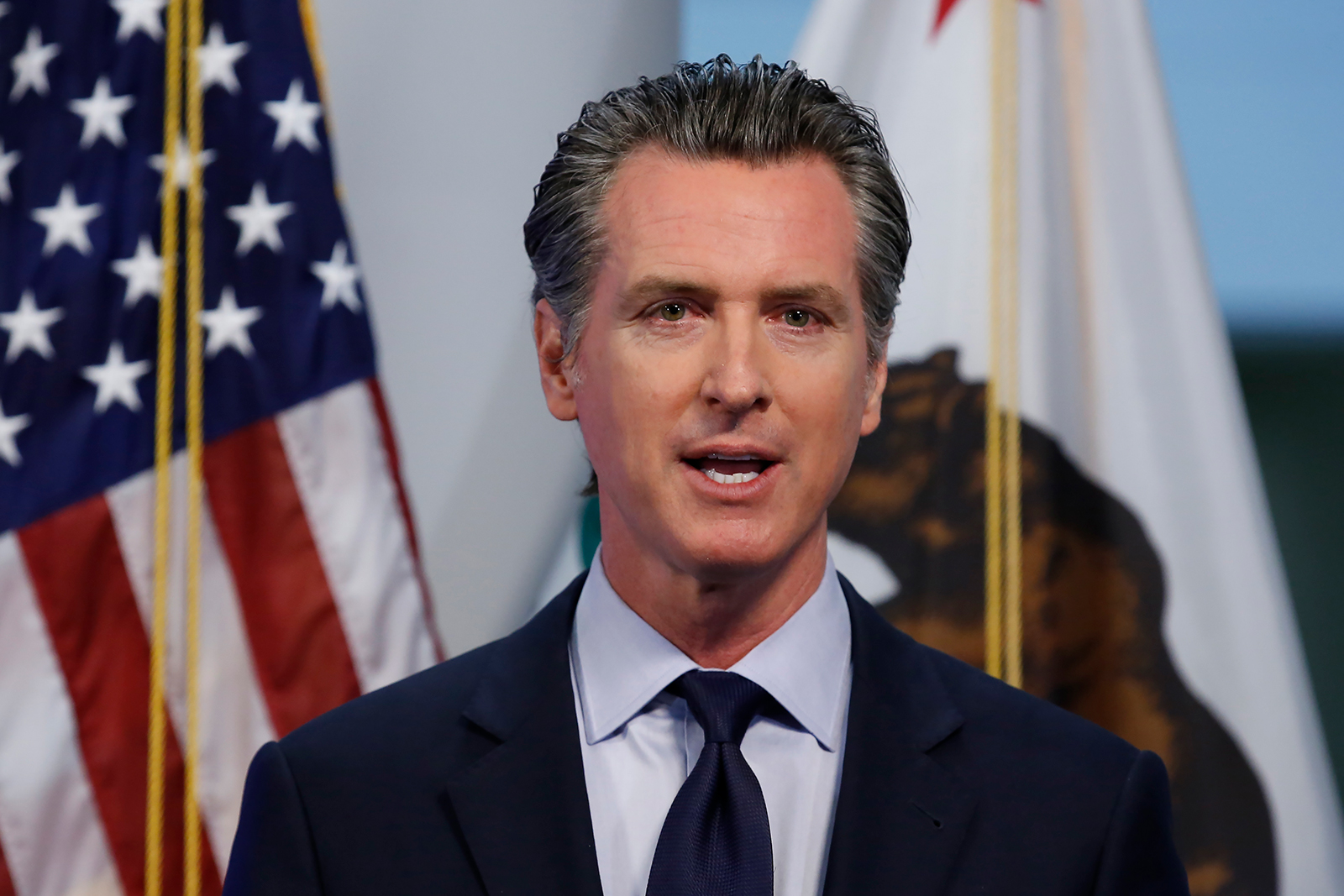 Gov. Gavin Newsom speaks during a news conference in Sacramento, California, on April 14. Rich Pedroncelli/AP/Bloomberg/Getty Images
Gov. Gavin Newsom speaks during a news conference in Sacramento, California, on April 14. Rich Pedroncelli/AP/Bloomberg/Getty ImagesCalifornia Gov. Gavin Newsom signed a bill early Tuesday morning that would protect tenants from eviction and property owners from foreclosure due to the economic impacts of Covid-19.
Newsom said the pandemic had impacted everyone in California, but tenants struggling to pay monthly rent had been especially affected and deserved protection from eviction.
"This new law protects tenants from eviction for non-payment of rent and helps keep homeowners out of foreclosure as a result of economic hardship caused by this terrible pandemic," he said.
The governor also called for federal funding to help homeowners and tenants hurt by the financial impact of coronavirus.
"California is stepping up to protect those most at-risk because of COVID-related nonpayment, but it’s just a bridge to a more permanent solution once the federal government finally recognizes its role in stabilizing the housing market," he said. "We need a real, federal commitment of significant new funding to assist struggling tenants and homeowners in California and across the nation."
Meet the NYC artist chronicling the pandemic by sketching people wearing masks on the subway
From CNN's Alaa Elassar
 Artist Devon Rodriguez is a native New Yorker born and raised in the south Bronx. Courtesy Devon Rodriguez
Artist Devon Rodriguez is a native New Yorker born and raised in the south Bronx. Courtesy Devon RodriguezAn artist who used his talent to cope with the coronavirus pandemic is now documenting history with his art for a new series he's called the "Covid mask subway drawings."
Every day for almost a month, Devon Rodriguez has spent hours taking random trips on the subway in search of the perfect muse. When he finds someone, he uses a sketchbook and lead holder to bring them to life on paper without missing a detail from the creases in their mask to the curls in their hair.
With just music flooding his ears, he draws silently without interrupting his subject to perfectly capture "real life raw humanity," he says.
Australia's New South Wales to ease border restrictions with Victoria as state's cases drop
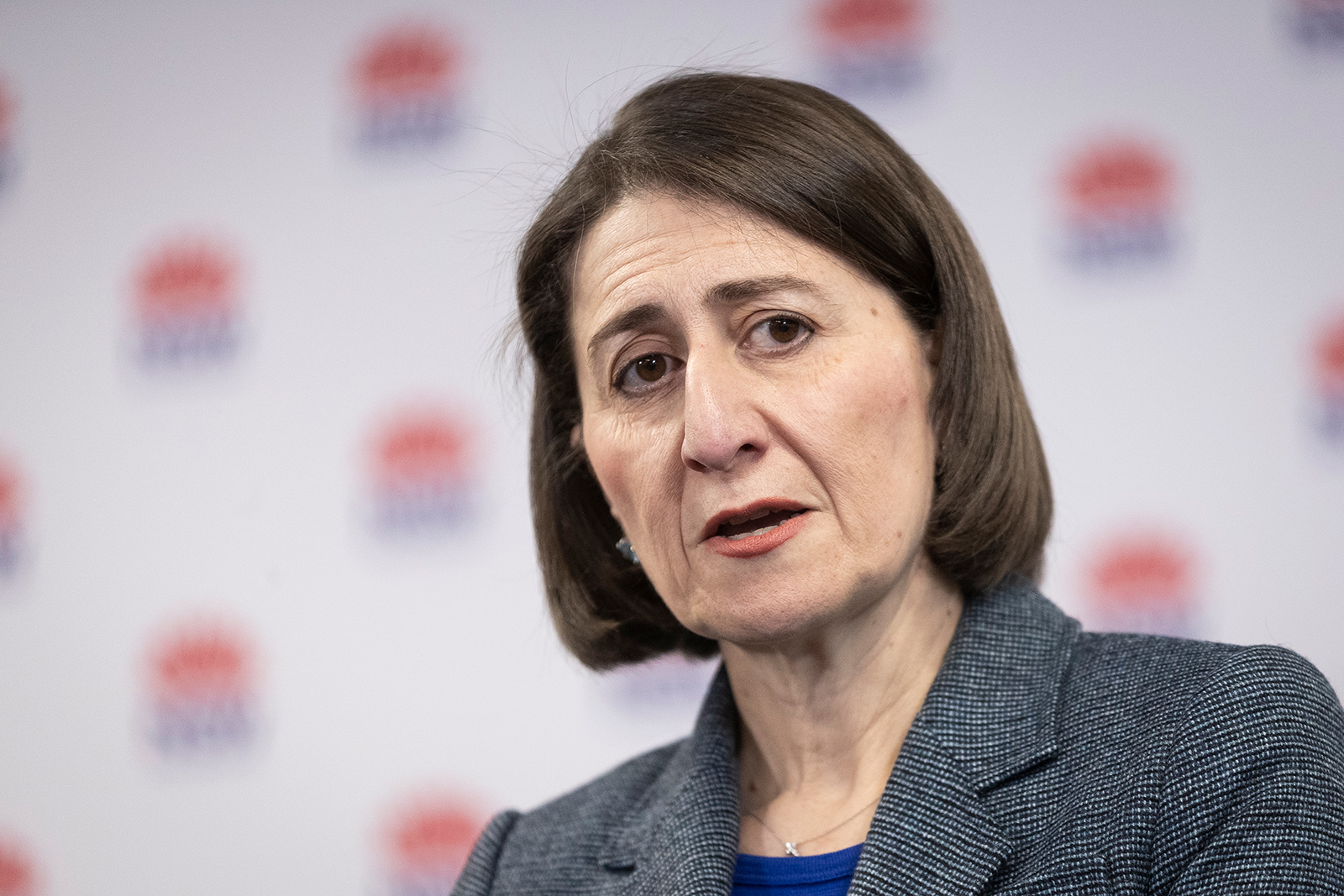 New South Wales Premier Gladys Berejiklian speaks at a news conference in Sydney, Australia, on August 17. Brook Mitchell/Getty Images
New South Wales Premier Gladys Berejiklian speaks at a news conference in Sydney, Australia, on August 17. Brook Mitchell/Getty ImagesAustralia's New South Wales is easing border restrictions with the neighboring state of Victoria "to help residents and local businesses operate," as Victoria's cases have dropped.
On Tuesday, the NSW government announced a new "border region" that extends around 30 miles on either side of the state border, and will allow residents within the border region to enter NSW for the following:
The new border region will go into effect on September 4.
Decline in cases: Victoria saw new daily cases hit the hundreds in early August -- but this spike appears to be on the decline. On Tuesday, Victoria reported 70 new cases from the virus, according to the health department.
“We are working hard to reduce the angst and frustration caused by this border closure,” NSW Premier Gladys Berejiklian said in a news release Tuesday.
Victoria and NSW residents may not travel outside the border region when crossing into the other territory, the news release added.
Borders shut: Australia’s states and territories have been closed off from one another to help mitigate the virus as the second wave hit.
In early August, Victoria was closed to all eight of Australia’s states and territories.
Global coronavirus deaths surpass 850,000 and cases top 25 million
The number of coronavirus-related deaths globally has now reached 850,596, according to the latest data by Johns Hopkins University on Tuesday.
The global total of Covid-19 infections has reached 25,488,239, according to JHU.
The United States maintains the world’s highest numbers of coronavirus infections and deaths, followed by Brazil and India.
Track worldwide cases here:
US government offers $250 million for a PR company to "defeat despair" during the pandemic
From CNN Health’s Elizabeth Cohen and Maggie Fox
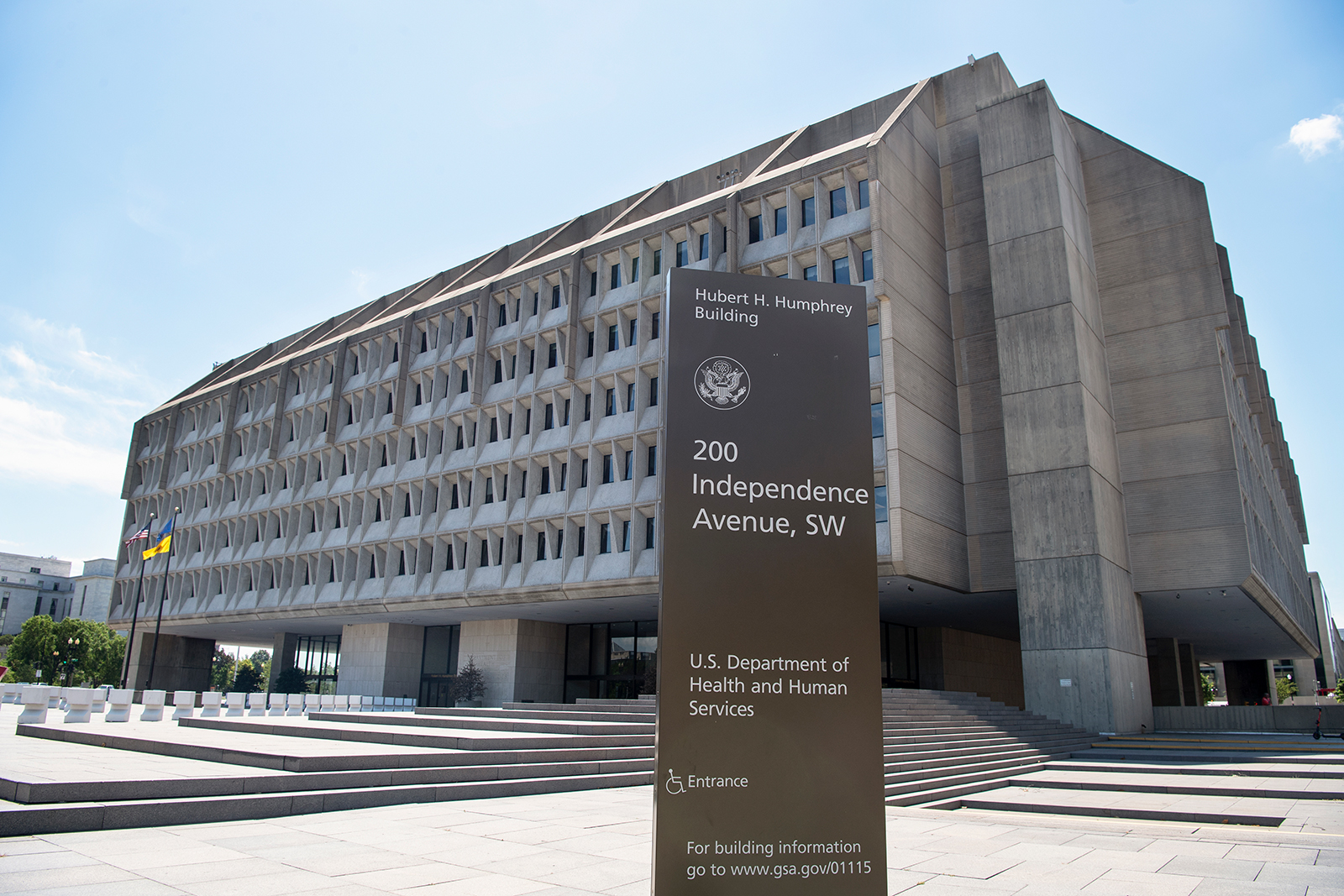 A general view of US Health and Human Services Department headquarters in Washington, D.C. Caroline Brehman/CQ-Roll Call/Getty Images
A general view of US Health and Human Services Department headquarters in Washington, D.C. Caroline Brehman/CQ-Roll Call/Getty ImagesThe US Health and Human Services Department wants to win the hearts and minds of Americans in the fight against coronavirus -- and it's willing to pay big money for it.
Politico reported Monday that HHS was planning to offer a $250 million contract to a communications firm to help it “defeat despair and inspire hope” about the pandemic.
Michael Caputo, assistant secretary for public affairs at HHS, declined to confirm the contract amount. “The procurement process to produce PSAs with our scientists and doctors is ongoing so I can’t comment further,” Caputo said.
Earlier this month Caputo told CNN that the department was working on a series of public service announcements that would feature celebrities talking with top US health officials such as National Institute of Allergy and Infectious Diseases Director Dr. Anthony Fauci and US Surgeon General Dr. Jerome Adams.

 5 years ago
770
5 years ago
770 